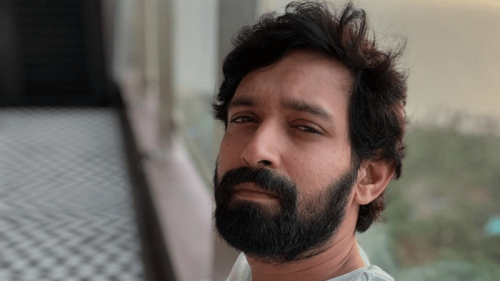CHINA plans to use the death penalty far more sparingly in future, imposing capital sentences on an extremely small number of serious offenders.
Zhang Jun, vice-president of the supreme people's court, said it would tighten restrictions on the use of capital punishment. But he stressed that the country would not abandon the death penalty, saying that it was “impossible” to do so under current conditions, and people had supported it for a long time. “It is an important effort to strictly control the application of the penalty by judicial organs,” he said, according to the state newspaper China Daily.
“Judicial departments should use the least number of death sentences possible, and death penalties should not be given to those having a reason for not being executed.”
China is widely believed to be the world's most prolific executioner, with at least 7,000 people sentenced to death and 1,718 executed last year, according to Amnesty International.
Zhang said the highest court was extremely cautious in imposing the sentence on those who killed relatives or neighbours in disputes. People who pleaded guilty, compensated their victims' relatives, or were pardoned by the latter also tended to receive more lenient punishments. He said the death penalty should be applied to “an extremely small number” of serious offenders but offered no concrete figures for current execution rates or reduction targets.
The actual number of executions is a state secret — Amnesty's figures are drawn from recorded cases alone. Several organisations have suggested the true toll runs into several thousand.
The death penalty applies to more than 60 offences in China, including many non-violent and economic crimes. But “death penalty with reprieve” sentences are becoming more common and are usually commuted to life in prison. That can later be reduced to 20 years or less with good behaviour.
“If there is really a drop in the number of executions and the number of crimes to which the death penalty is applied, this is a move which Amnesty International will welcome,” said Si-si Liu, who is a Hong Kong-based researcher for the human rights group.
“But right now it's really impossible for external observers to verify or double-check what officials have said about reductions in numbers.”
She added that Amnesty International was concerned by a statement from Li Zhi, Urumqi's Communist Party secretary, that violent rioters in Xinjiang would be executed.
“We question how this kind of sentencing decision, which only courts should be eligible to make, can be made by people outside the judicial system,” Liu said.
— The Guardian, London











































Dear visitor, the comments section is undergoing an overhaul and will return soon.